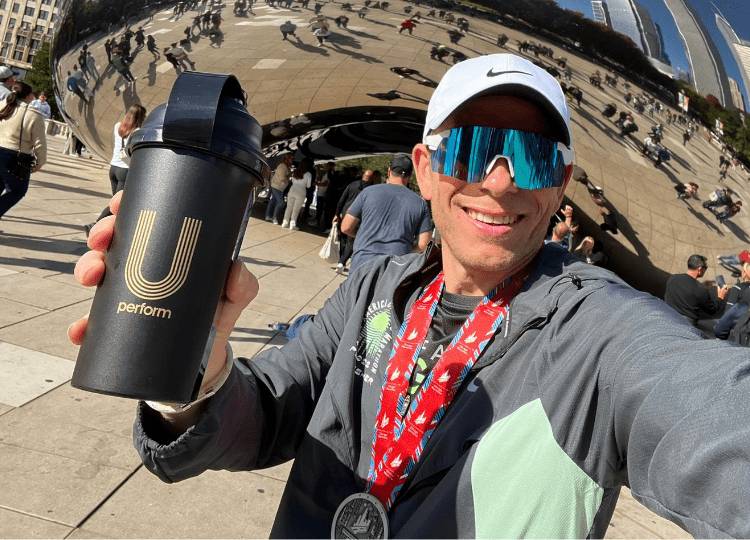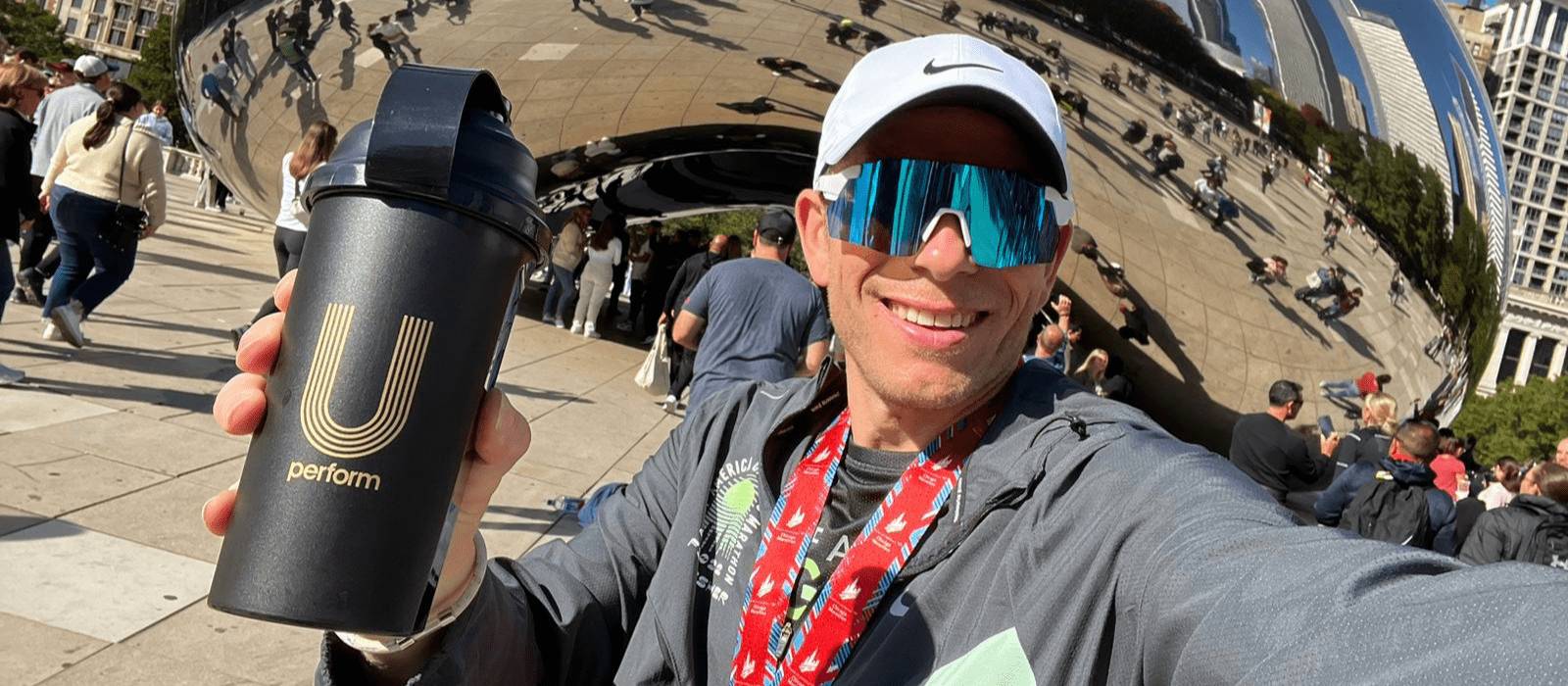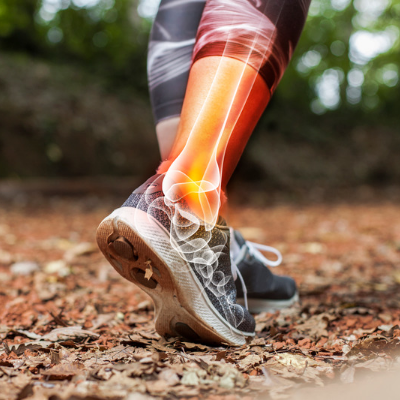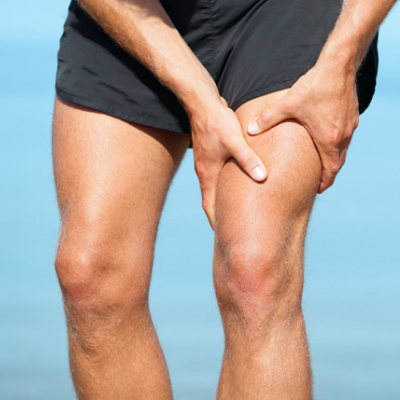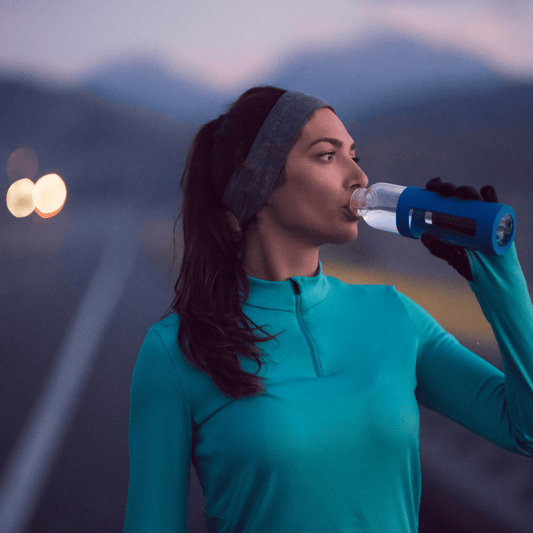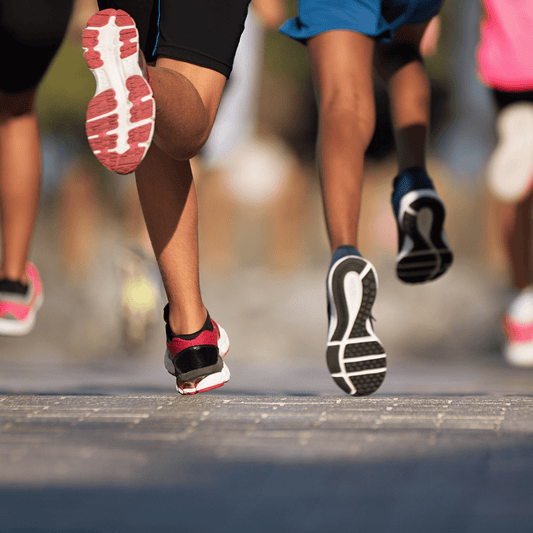Collagen, a naturally occurring protein in the human body, plays an integral role in maintaining and repairing bodily tissues. It's the primary structural component of connective tissues, which include tendons, ligaments, and skin. These tissues rely heavily on collagen for their strength and resilience. As such, collagen is fundamental in wound healing, especially when it comes to sports injuries that often involve damage to these connective tissues.
When our bodies sustain an injury, whether it's a sprained ankle or a torn ligament, the wound healing process kicks into gear. A significant part of this process involves the synthesis of collagen. The body ramps up its collagen production, responding to the injury by dispatching this vital protein to the site of the damage. In effect, collagen serves as a kind of 'scaffold,' providing the structural integrity necessary for the regrowth of tissues.
This reparative protein not only offers stability to the damaged area but also creates a framework upon which new cells can grow and flourish. It essentially paves the way for cellular regrowth, fostering the conditions necessary for the healing process to take place. Moreover, collagen aids in attracting new cells to the wound site, further facilitating the repair and regeneration process.
However, the process isn't perfect. The newly formed collagen, while vital for healing, is often not as robust or flexible as the original tissue especially when available collagen (as we get older) starts to deplete; by up to 1.5% each year. Supplementing with a high quality collagen supplement like our Active Collagen enhances the speed and strength of the recovery to avoid new tissues becoming weak, less flexible and susceptible to reinjury.
Understanding the role of collagen in tissue repair underlines its importance in the recovery from sports injuries. It's a crucial component of the healing process, but also a reminder that care must be taken to allow for complete healing, to ensure that the new fibres have time to form and be as strong and flexible as possible.

